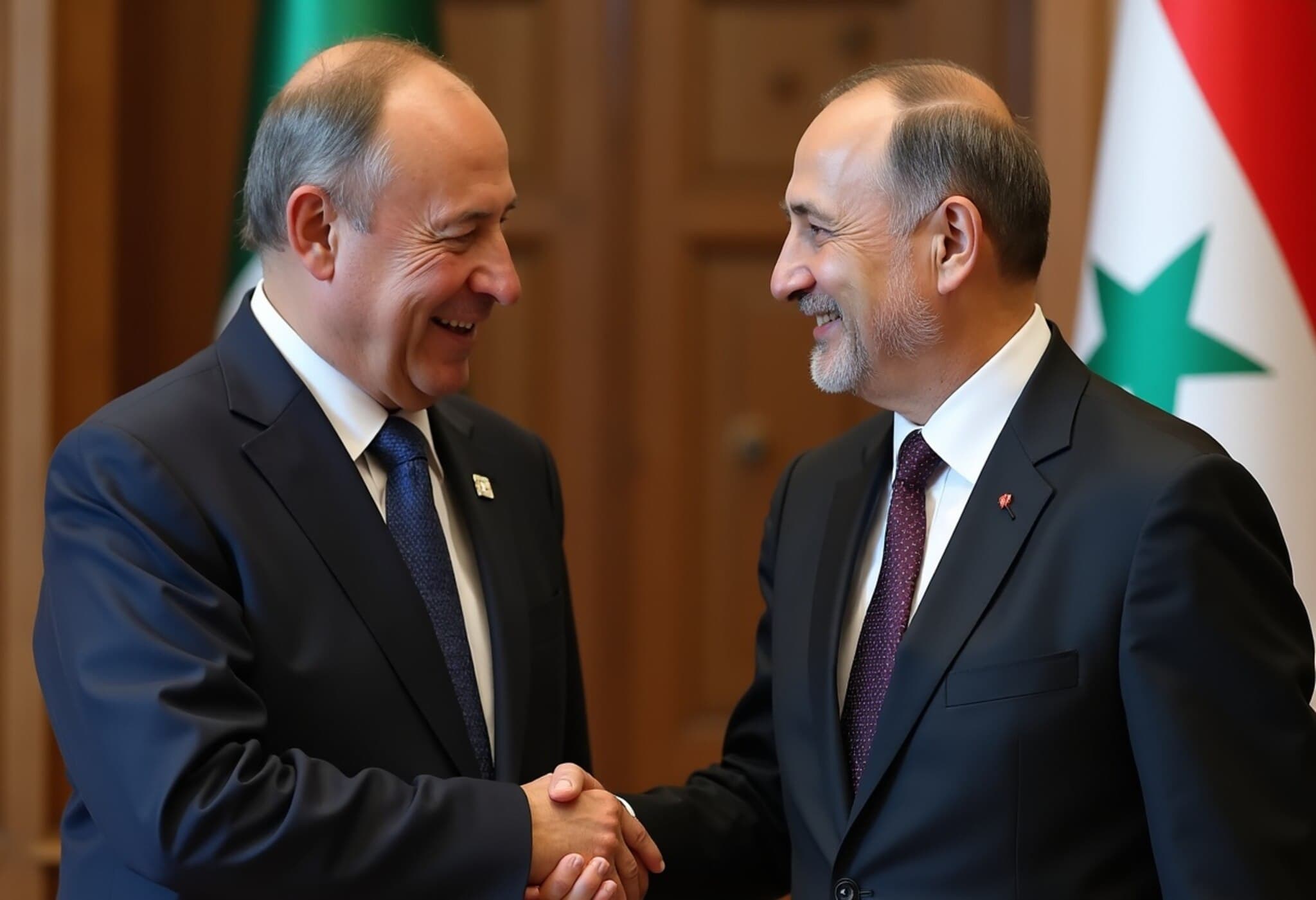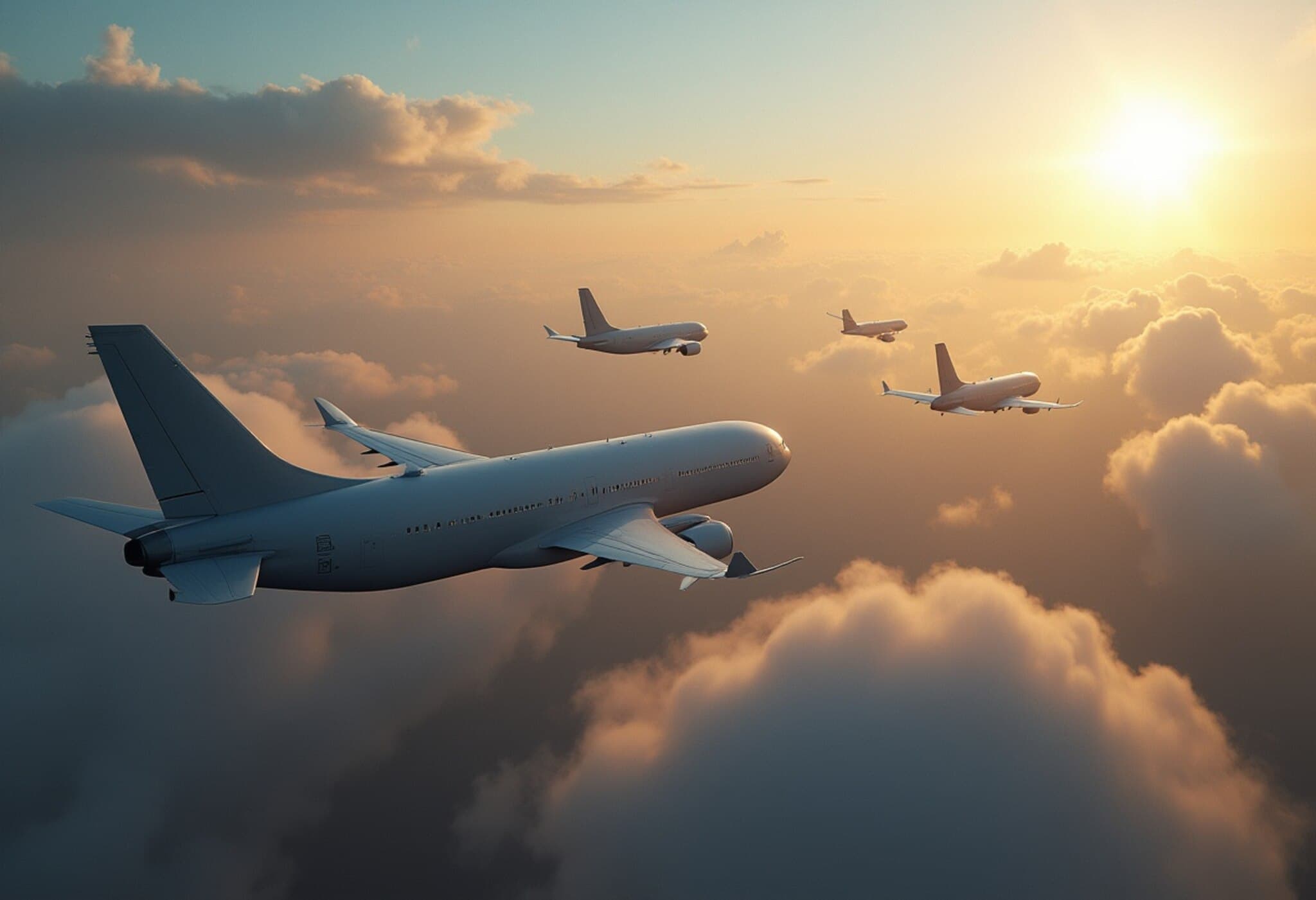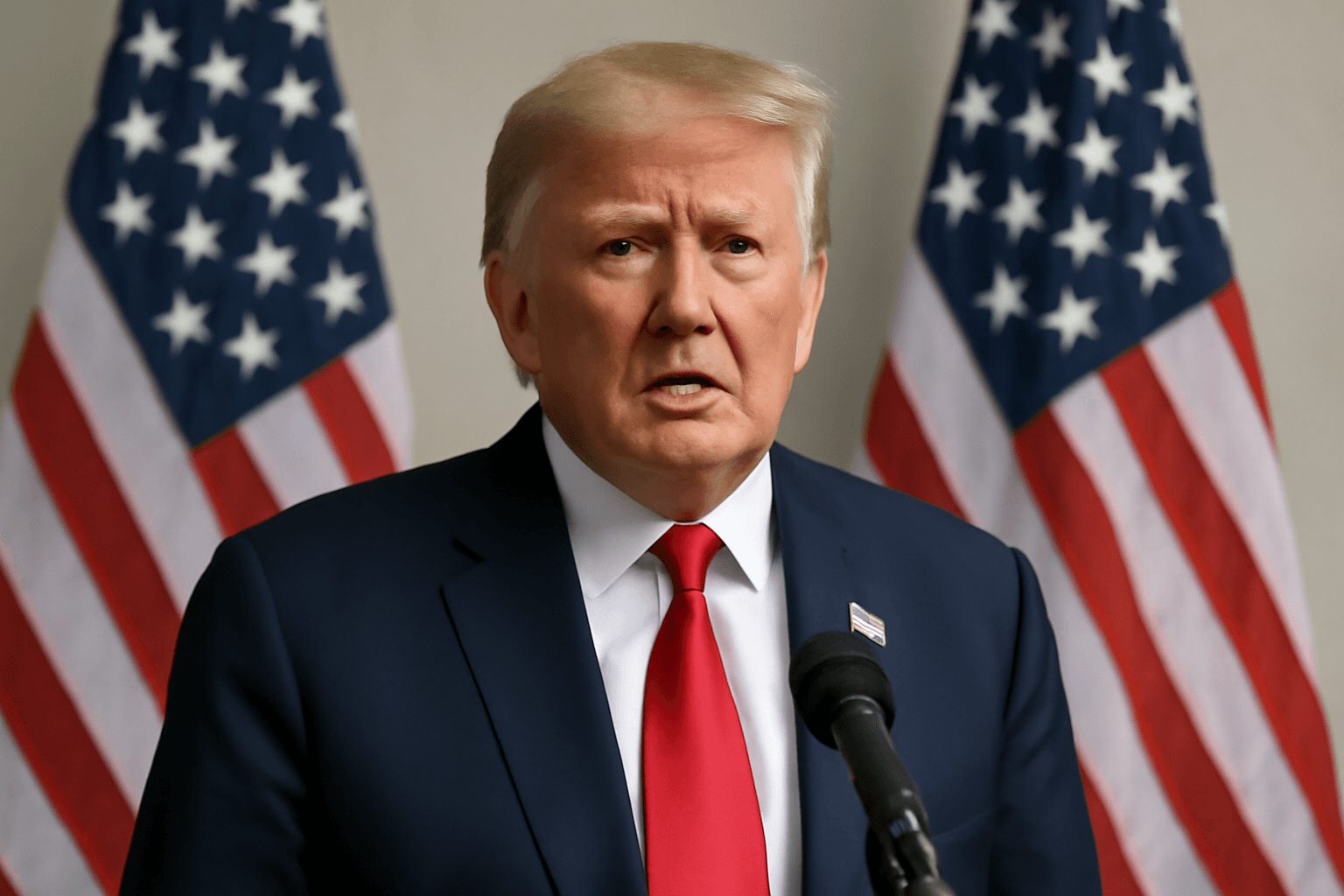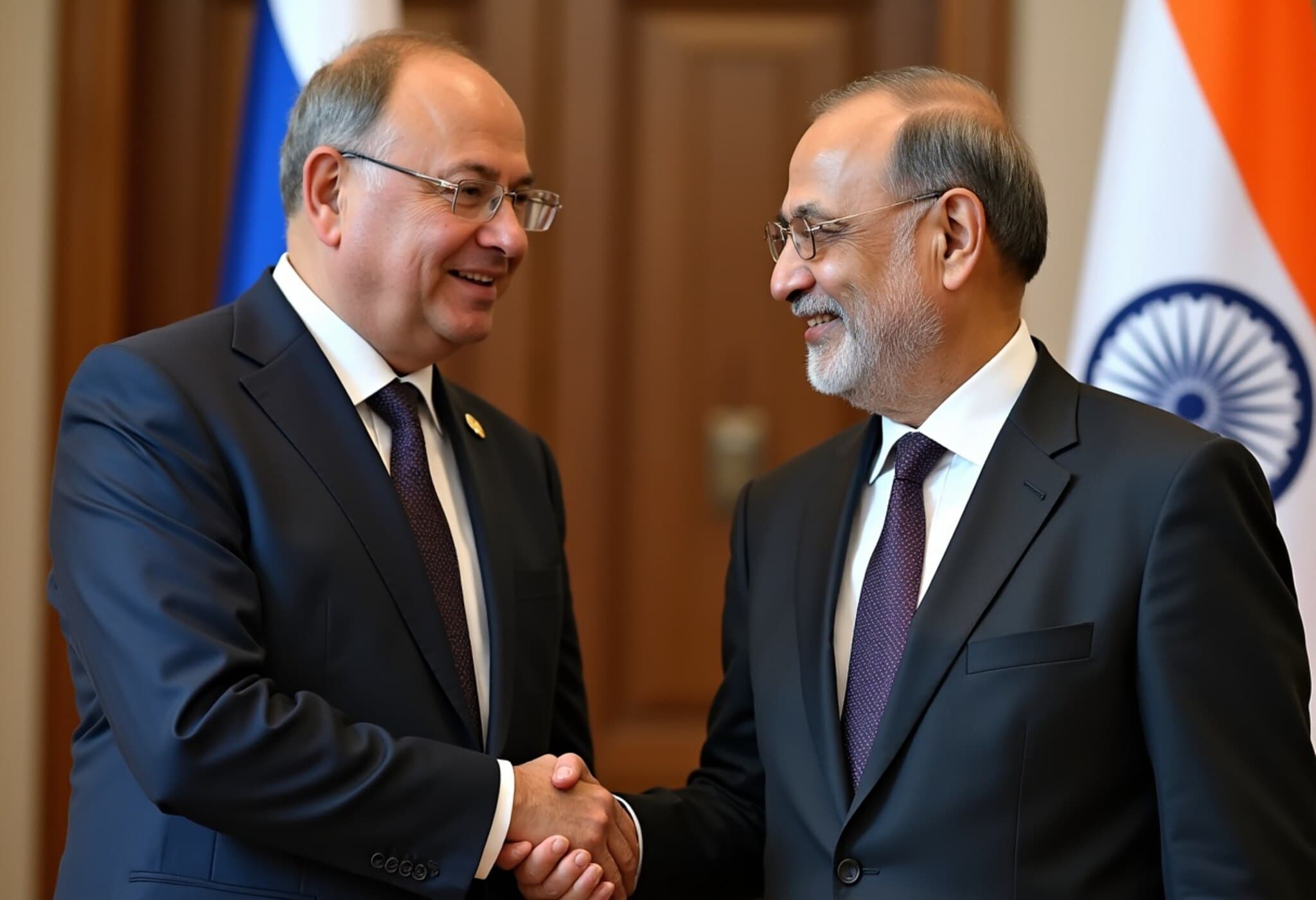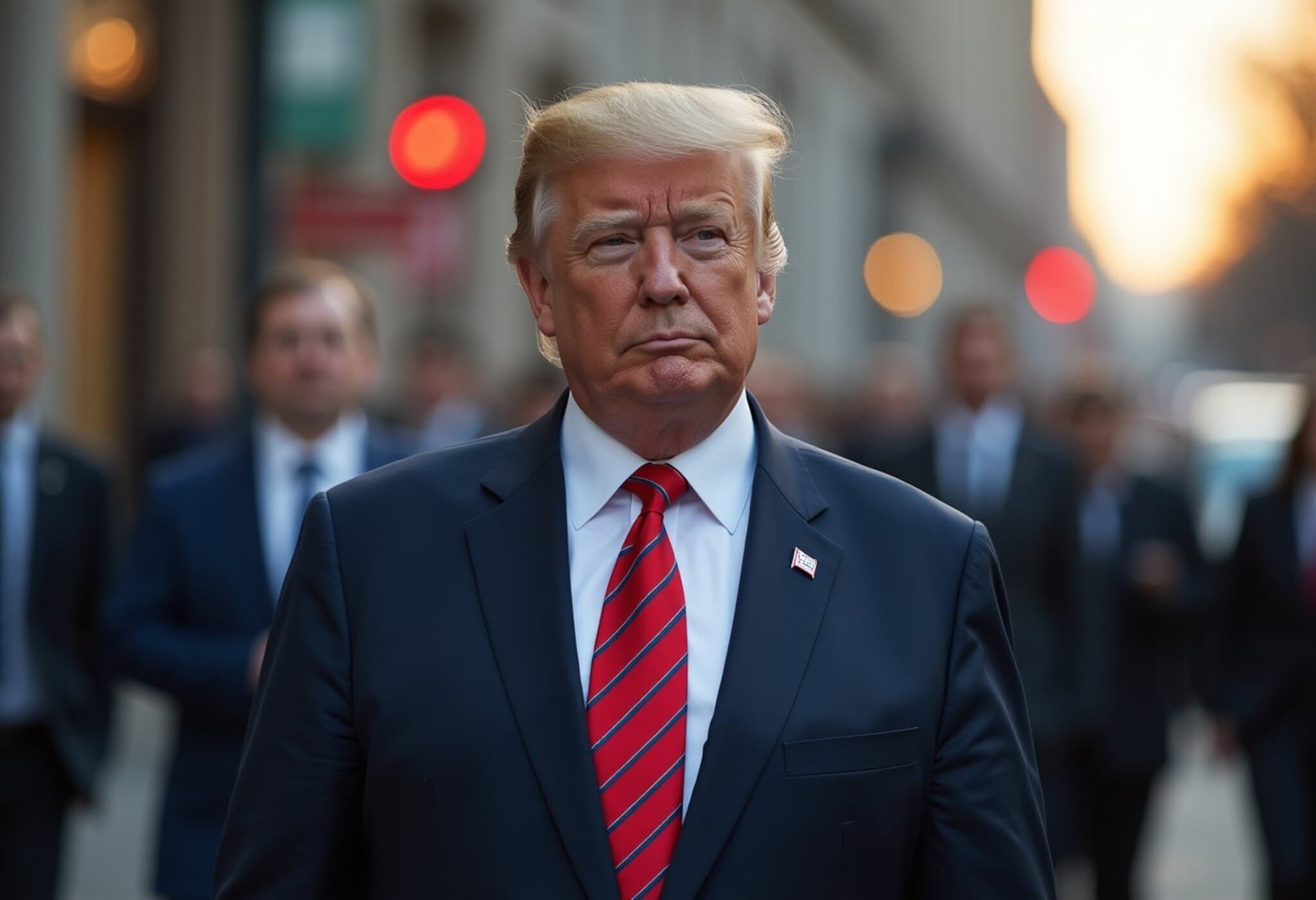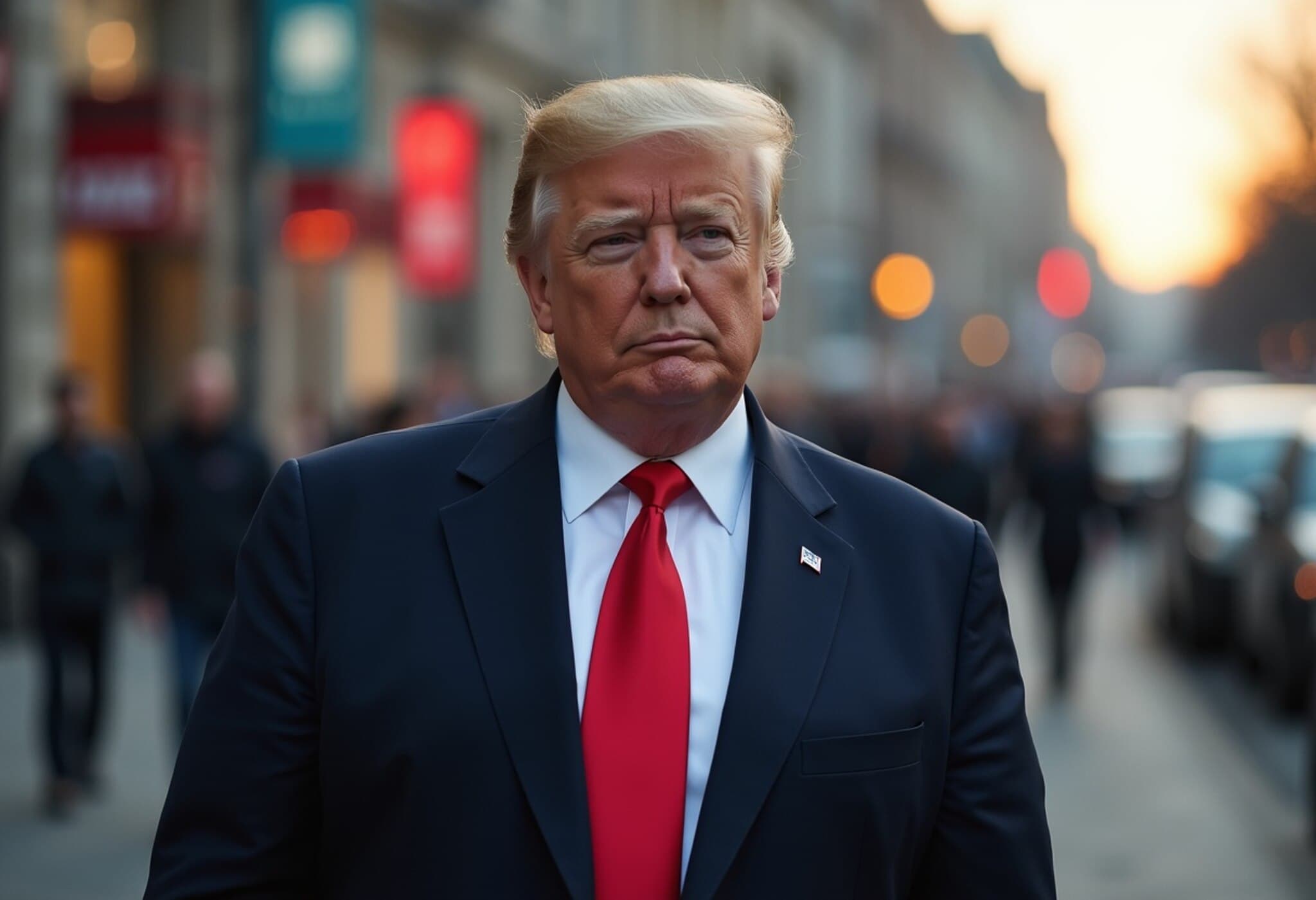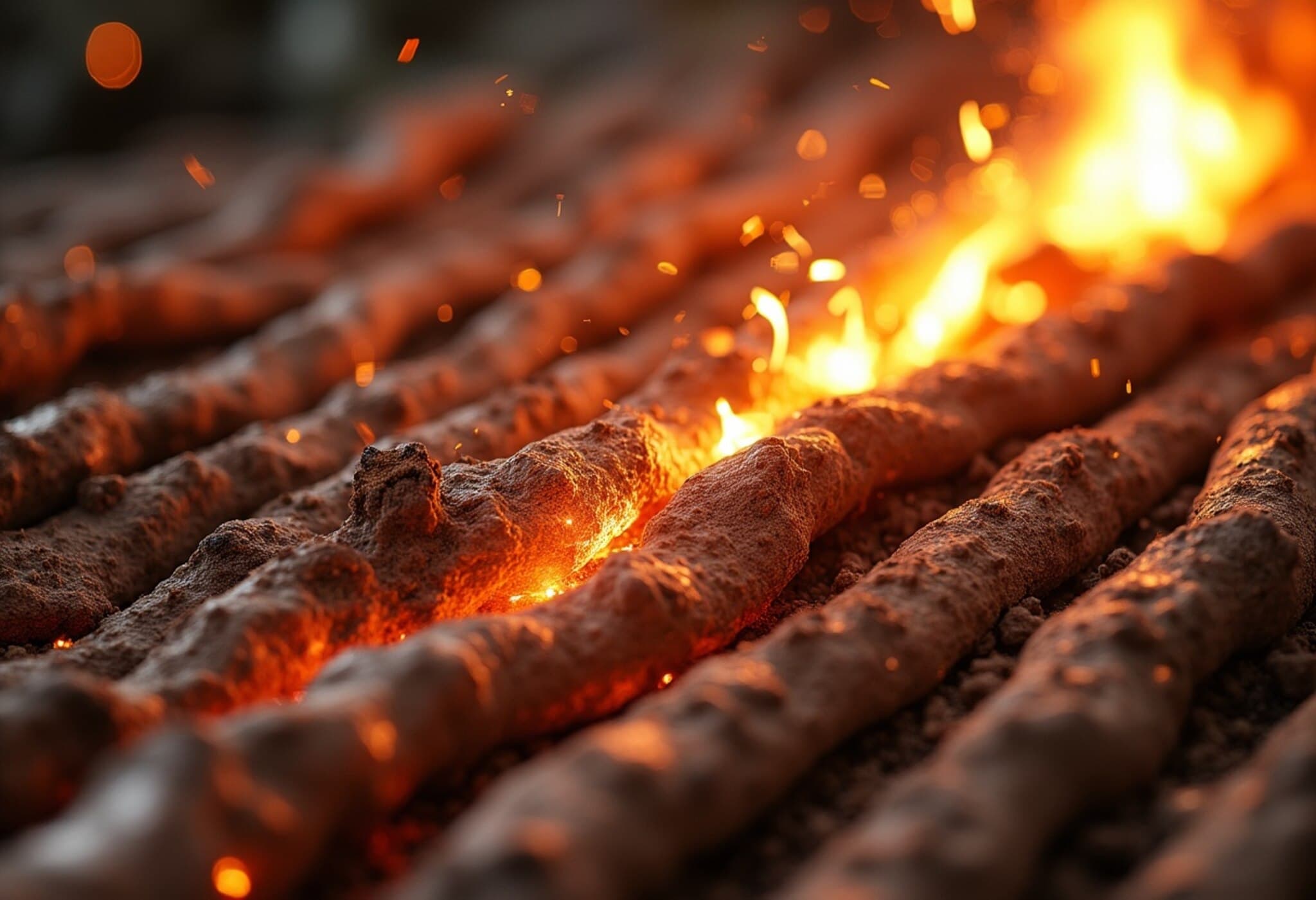Syrian Foreign Minister Makes Historic Visit to Moscow
In a significant diplomatic move symbolizing Syria’s shifting political landscape, Syrian Foreign Minister Asaad al-Shaibani paid his first official visit to Moscow on July 31, 2025. The visit marks the first engagement between Russia and representatives of Syria’s new government since last year’s dramatic ousting of the Assad regime, which for decades was Moscow’s steadfast ally in the Middle East.
Seeking Russia’s Continued Support Amid Complex Realities
Addressing Russian Foreign Minister Sergey Lavrov during their talks, al-Shaibani emphasized the importance of Russia standing "by our side" as Syria navigates a period brimming with both threats and opportunities. "The current period is full of various challenges and threats, but it is also an opportunity to build a united and strong Syria," al-Shaibani remarked. He also stressed that the future relationship between the two countries must rest on "mutual respect," acknowledging the complexities shaping bilateral ties on the ground.
This nuanced stance reflects a pragmatic approach by Syria’s interim government, led by President Ahmed al-Sharaa. Despite the civil war’s bitter legacy and Russia’s previous unwavering military support for the Assad family—which culminated in Russian airstrikes against opposition forces—the new administration appears keen to maintain Russian partnership in post-conflict reconstruction and security.
Contextualizing the Shift: The Fall and Exile of Bashar al-Assad
Last year, Syrian President Bashar al-Assad fled to Moscow as rebel forces swiftly ended his family's decades-long rule. From exile, Assad contested narratives by claiming he wished to remain in Syria to fight but was evacuated against his will by Russia. This complex chapter adds layers of uncertainty to the evolving Russia-Syria relationship and signals a dramatic realignment in a region that has long been shaped by shifting alliances.
Russia’s Strategic Interests and Military Presence in Syria
While Moscow continues to maintain its naval base in Tartous and the Khmeimim airbase on Syria’s Mediterranean coast—the only official Russian military outposts beyond the former Soviet Union—questions linger about the fate of these installations under the new Syrian leadership. Russia’s foothold in Syria remains strategically vital, serving as a strategic gateway in the Eastern Mediterranean and a counterbalance to Western and regional powers.
Diplomatic Developments and Regional Security Dynamics
- Earlier this year, a Russian delegation visited Damascus, and a constructive phone call took place between President Vladimir Putin and interim President al-Sharaa.
- Syria has praised Russia's firm stance against Israeli airstrikes and violations of Syrian sovereignty, which resulted in deadly clashes earlier this month, highlighting the volatile security environment.
- Lavrov expressed readiness to support Syria’s post-conflict rebuilding efforts and underscored the importance of unity and territorial integrity for the Syrian Arab Republic.
Looking Ahead: Transitional Justice and Review of Agreements
Al-Shaibani indicated Syria’s intent to pursue a "transitional justice" process, subtly delineating a departure from the Assad era, without directly naming the former president. A committee has been formed to review existing agreements with Russia, signaling that while the door remains open for cooperation, Syria’s new government is re-evaluating the terms of engagement to better fit its national interests.
Expert Insight: What This Means for U.S. and Regional Policy
From a broader geopolitical perspective, Syria’s overtures to Russia come at a time when the United States and its allies reassess their Middle East strategies in an increasingly multipolar world. The U.S. has historically viewed Russia’s Syrian presence as a challenge to its influence and regional security goals. The shifting dynamics may require Washington to deepen diplomatic and strategic efforts, particularly in balancing relations with Turkey, Israel, and Gulf partners, while considering the humanitarian implications for Syrian civilians caught in protracted conflict.
Invitation to Quadruple Cooperation
Continuing their diplomatic engagement, Lavrov extended an invitation to President al-Sharaa to participate in the upcoming Russia–Arab League summit slated for October 15, 2025. This gesture indicates Moscow’s ambition to strengthen ties beyond Syria and foster broader Russian-Arab collaboration that could reshape regional alliances amid a complex geopolitical landscape.
Editor’s Note
The evolving Russia-Syria relationship presents both opportunities and challenges. The Syrian government's pragmatic approach suggests a desire to rebuild and unify a fractured nation, relying on Russia’s strategic and military support. However, the nuanced political shifts raise critical questions about Syria’s sovereignty, Russia’s long-term role, and the implications for regional stability. Observers should watch closely how transitional justice unfolds and how new agreements with Russia will shape Syria’s future, especially in the context of broader U.S. and international engagement.

